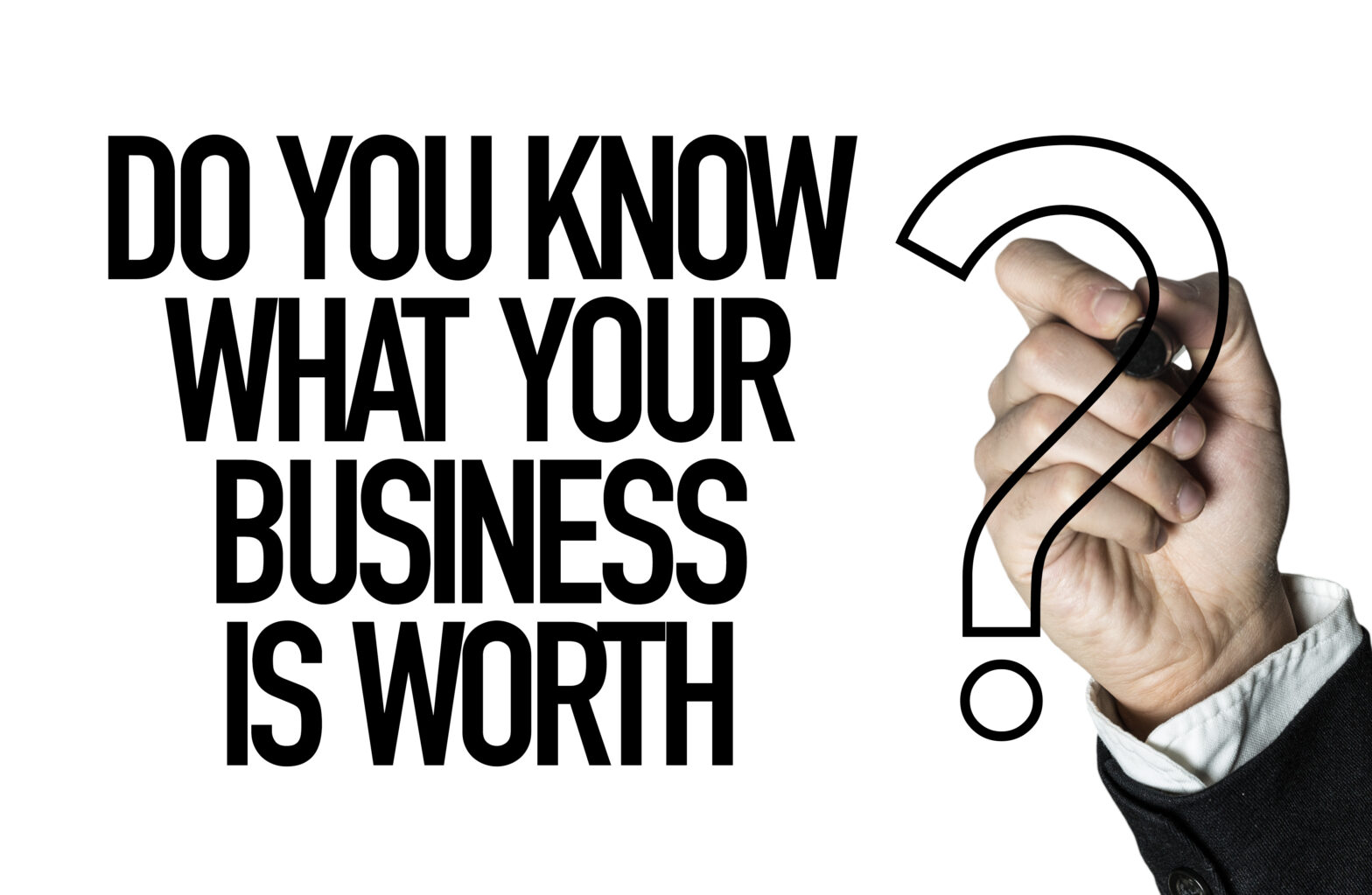Three entrepreneurs explain what they did after their successful business exit.
Making a habit of it: setting up more businesses
At 37, entrepreneur David Spencer-Percival knew he was too young to stop working, even though he had just made millions. He and three others had set up recruitment agency Huntress in 2000 and grew it into a business turning over £100 million within seven years. In 2007, it was sold for £52 million.
‘I really felt I was at the top of my game then,’ he says. ‘But I knew I could do better.’
A chance meeting with serial entrepreneur Sir Peter Ogden (he employed Ogden’s son at Huntress) led to his next business, energy recruitment firm Spencer Ogden. ‘I think I can condense what I did in seven years at Huntress into five years here,’ he says.
Looking further into the future, does he see another big sale? He remarks, ‘I think you will see some form of transaction in the future: when that is I am not sure.’
However, he is clear about one thing: he won’t set up another business before exiting his current one. ‘I was once told: when someone focuses on one thing they are very good; when they diversify their portfolio they become very diluted.’
Giving something back: volunteering time and experience
After all the hard work of growing and selling a business, some might relax and enjoy the fruits of their labour. Not Sanjeev Ahuja.
‘I was living in Italy for three years while my family lived in the UK. Once I sold, I moved back and expected to get involved in other business opportunities straight away,’ recalls Ahuja, who sold his share in outsourcing firm Allaxia to his two partners in 2004 for more than £10 million.
But instead of getting involved in more ventures in the UK, Ahuja spent most of his time mentoring his teenage son to prepare him for university. He got a taste for helping others, and decided that he wanted to extend that outside his family.
Ahuja is now the president of TiE UK, a branch of the global not-for-profit entrepreneurs network The Indus Entrepreneurs. Six years ago he became involved with a programme called TYE (TiE Young Entrepreneurs), which helps inner-city children learn about entre-preneurship. ‘Previously, I was driven by the need to prove something to myself,’ he says. ‘But now I can take a step back and be an enabler, and that is a totally different buzz – a more satisfying one.’
The other side of the table: becoming an investor
‘There’s not as much difference between being an entrepreneur and an investor as everyone says there is,’ remarks Paul Atherton.
After co-founding technology company Queensgate Instruments in 1979 while still a postgraduate student at Imperial College, he was key to building it up for over two decades. In March 2000 the company was sold for in excess of $200 million (£127 million).
He spent a year thinking about what to do next and decided to try his hand at investing. ‘I don’t call myself an angel investor, I’m an investing chairman,’ he says. ‘I’ve seen angel investors throw money at a company and wait for a return – that doesn’t work.
‘My model works – I am hands-on and insist on being an executive chairman.’
Oxford-based Atherton is currently involved in four companies and generally gives about a day a week to each. He also sits on the boards of two venture capital funds.
He sees his role now as a mentor and coach to the entrepreneurs, which he relishes: ‘I’ve been there, done that. I don’t want to do what my chief executives do – I enjoy my new role as a chairman.’
A journey of discovery: travelling the world on a mission
At 21 years of age, David Erasmus sold his search-engine advertising company Broadplace.com, having built it up for nearly three years. After signing on the dotted line, he jumped straight on a plane to South Africa. ‘I suddenly had this opportunity and the resources in my hand to find out who I wanted to be and embark on a journey of learning,’ he explains.
Over the next two years Erasmus travelled the world following people he wanted to learn from, including Jamie Drummond, executive director of non-profit organisation ONE, and UN messenger of peace Jane Goodall. He used his savings to work on projects in a host of countries, setting up marketing business Click Ego to create jobs for the unemployed in South Africa and a similar project in Brazil.
Erasmus came back to the UK after an expedition, which he says helped him to ‘find himself’. He now puts his energy into his new business, Givey, which provides a platform to donate to charities through SMS and social media. ‘This is different from just running a business – Givey is also a global tool for building a better world,’ he declares.







